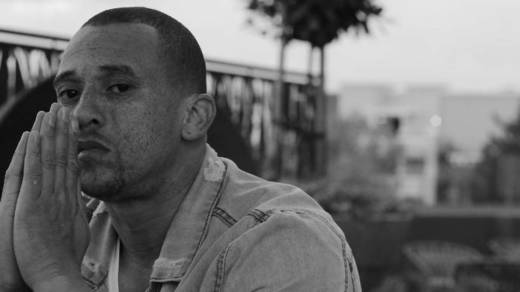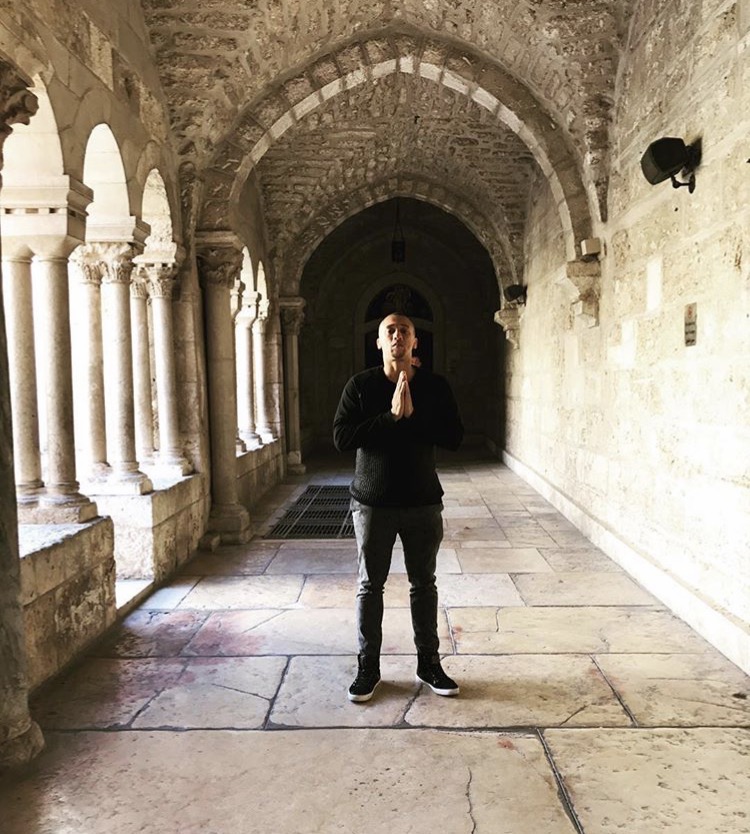Ed. note: As long as humans have been making music, it’s been used as a form of protest. As part of KQED Arts’ 100 Days project, documenting artists’ responses to our new administration in its earliest days, I’ve asked Bay Area musicians to get in touch with songs they’ve written or recorded that serve as reactions to our current political climate. A new one is posted each week.
In December of 2016, still reeling from the shock of the presidential election, a group of Bay Area musicians boarded a plane for the Middle East. Aisha Fukushima, a singer, rapper and activist, has made a habit of such trips through a program with the U.S. Consulate that connects American artists with youth in Jerusalem and the West Bank.
For Kev Choice, an Oakland rapper, pianist, and member of Fukushima’s band, it was an eye-opening journey in more ways than one. Following a week and a half of workshops with Palestinian youth during the day and performances with Palestinian musicians at night, Choice returned to his hotel room in East Jerusalem on the last night of the 10-day trip and picked up a pen. The result was “Morning Star,” a song that features Choice rapping and singing over a sample of music by Sana Moussa-Star of The Morning, a Palestinian artist the rapper discovered while there.
“I wanted to write a song that captured my immense spiritual connection there, and also captured my experience with the Palestinian people, especially the children,” says Choice, a versatile, classically trained solo artist who performs with everyone from The Coup to Too $hort; for a time, he served as Lauryn Hill’s bandleader.




